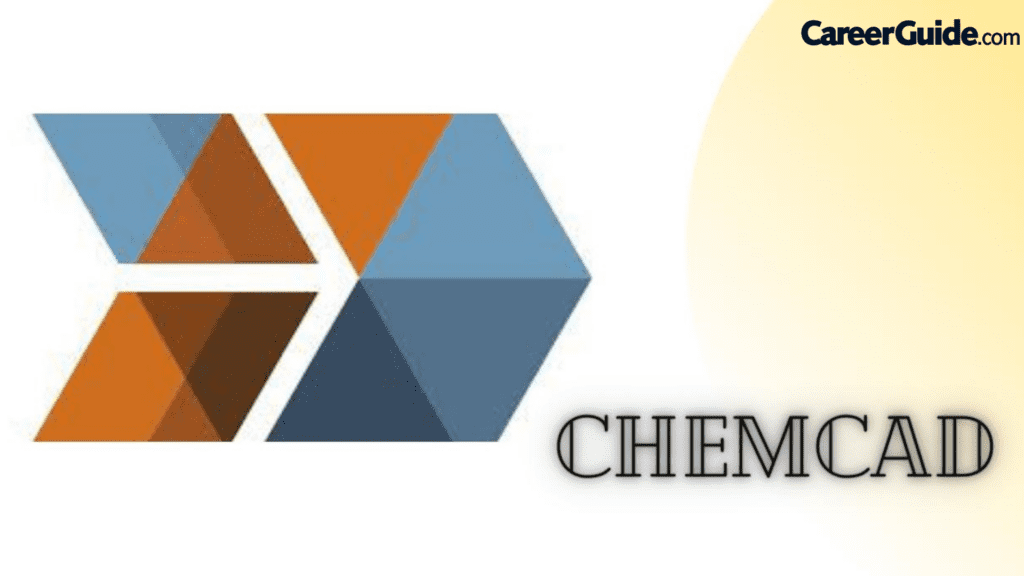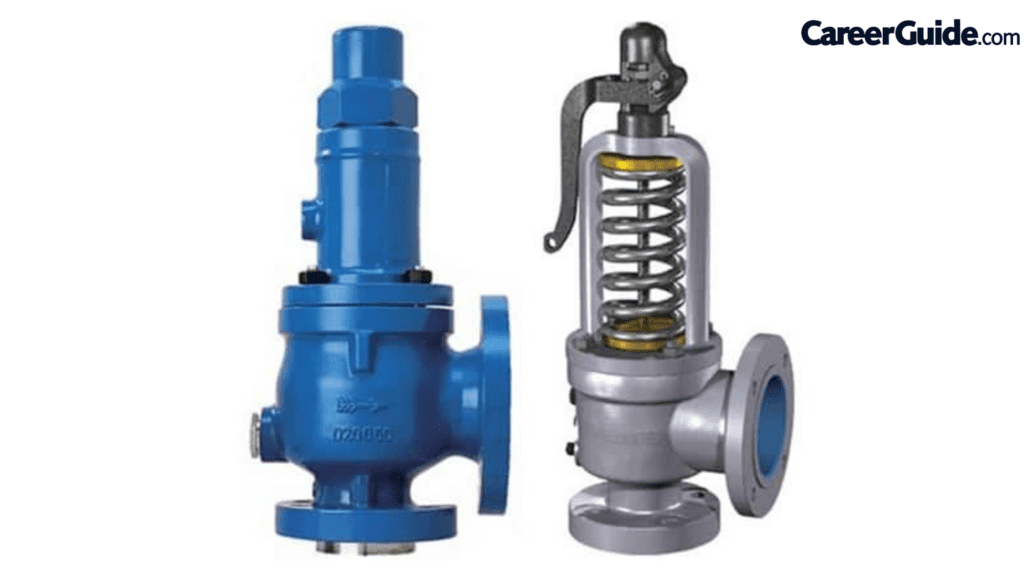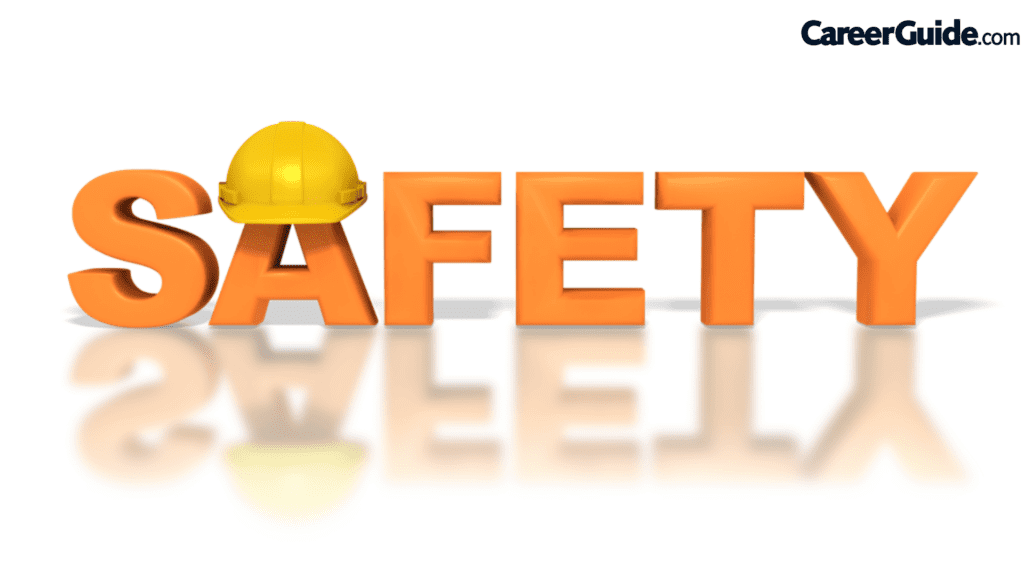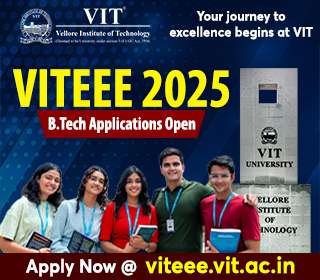We all know the value of knowledge and experience for a better career. But sometimes we can’t figure out from where to gain knowledge. So our aim should be to obtain as much knowledge as we can from wherever and whenever possible. Now, this knowledge can be theoretical, numerical, statistical, graphical, design-oriented, or any other type of knowledge. This knowledge or data can be in the form of Research Papers, Journals, Magazines, Videos, Books, or any other such suitable format. The main motive here for the Chemical Engineers must be that the flow of knowledge or data must not stop in any case.
The Professors in college try their level best to impart as much knowledge as they can to prepare the Chemical Engineer students for the future. Also, the facilities available in colleges such as the Library, Labs, Virtual Labs, Coding Labs, Designing Studios, Computer Labs, and various such facilities help the students get industry exposure and also understand what the industries demand from a fresher Chemical Engineer. But it sometimes happens that the college does not have the ample amount of facilities or the course is designed in such a way that is not beneficial as per the modern Chemical Engineering demand. Also in some colleges, the knowledge imparted by the faculty is not suitable for the students to cope up with Industry. This may at times harm the career of the students or the student does not get the desired.
From the above paragraph, we can conclude that efforts need to be made by Chemical Engineers to excel in their career. For this, the main option remains is to obtain knowledge via some external manner and fulfill his needs. So here are the Top 3 Online Courses for a Chemical Engineer which is given as follows:-
NIRF top engineering colleges 2023
CHEMCAD

The full form of this course is given as “Chemical Computer-Aided Design”. This course is similar to CAD, MATLAB, and Fusion 360 but this software is specially designed for Chemical Engineers. The function of this application is similar to all these applications mentioned above which is “to create a simulation-based model of some experimental projects and to predict its output based on some parameters”
The CHEMCAD application contains data on various simulation problems such as Reaction Engineers, Pressure Vessel Analysis, Reactor Design, Process Modeling and Simulation, and various other exciting features which are the most essential for Chemical Engineers. The course for this application working is to help the Chemical Engineer create an industry process simulation environment with the help of software programming of the various aspects of the industries and predict its end uses for an efficient working model. This course is available on the internet.
CHEMCAD Eligibility Criteria
Eligibility Criteria | Requirement |
|---|---|
| Education | A bachelor’s degree in chemical engineering, chemical technology, or a related field. |
| Experience | No prior experience with CHEMCAD is required, but some experience with other process simulation software is helpful. |
| Skills | Good understanding of chemical engineering principles and processes. |
| Computer Skills | Proficiency in using Microsoft Windows and Microsoft Office. |
| Language Skills | Fluent in English. |
download Universities/colleges cutoff
Pressure Valve Safety

When you work in an industry the most basic instrument that a Chemical Engineer deals with is an instrument for pressure and gauge monitoring. The main function of a Chemical Engineer is to monitor all these pressure gauges continuously and to control all these pressure gauges as per the industry demands.
This is a very dangerous task and is to be handled very carefully as one mistake can lead to huge losses. The course on pressure valve safety will teach you important topics like Pressure monitoring, measuring, maintaining, device certification, and various such topics. This course is a must-do for Chemical Engineers and is available easily on the internet.
Requirements Particular to Pressure Valves
Requirement | Description |
|---|---|
| Set Pressure | The pressure at which the valve will open. |
| Relieving Capacity | The maximum amount of fluid that the valve can relieve. |
| Back Pressure | The pressure that is acting against the valve when it opens. |
| Temperature | The maximum temperature that the valve can withstand. |
| Materials of Construction | The materials that the valve is made of, which must be compatible with the fluid that it will be used with. |
| Size | The size of the valve, which must be appropriate for the system in which it will be used. |
| Type | The type of valve, which will depend on the specific application. |
| Certifications | The certifications that the valve must have, such as ASME or API. |
ENTRANCE EXAM QUESTIONS
Safety Courses

The courses which come under Safety Courses are all very important. From a Chemical Engineers’ point of view, everyone must do these courses for a plus point in his CV and resume and considered an addition to his/her experience. The safety courses include Industrial, Process, Chemical Handling, Managing, and Storage Safety, etc., and various such other courses.
The main motive behind making these courses compulsory is that the riskiest industry in the whole world is the Chemical Industry and some basic safety training is a must to work in the industry. So it would be better if a Chemical Engineer protects his industry rather than recruiting a Safety Officer which might invite problems. So from the safety point of view, these courses are a must-do for a Chemical Engineer and these courses are easily available on the Internet with Certification.
NIRF top engineering colleges 2023
Frequently Asked Questions
Chemical engineering online courses are web-based training programmes that cover a range of related disciplines, offering flexibility and convenience to people looking to advance their knowledge and abilities in the field.
Chemical engineers can increase their professional development and stay up to date with the most recent developments in the field by taking online courses, which provide flexibility in scheduling, self-paced learning, access to a variety of resources, and the opportunity to learn from professionals around the world.













